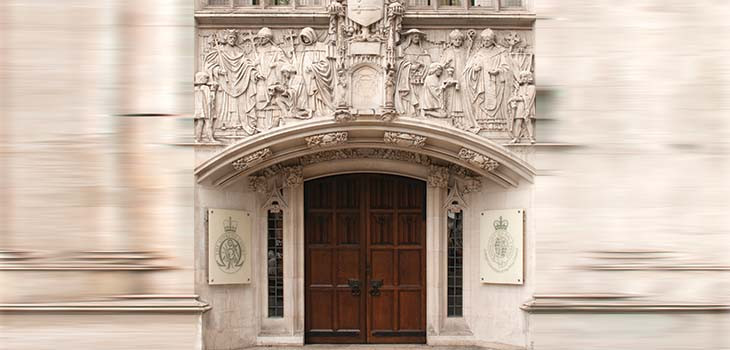
- The noticeable decrease in the number of judges in Supreme Court cases.
- Statistics for appearances and judgments.
- The most common legal fields dealt with in 2021.
The only change to the personnel of the Supreme Court during 2021 was the appointment of Lady Rose, who replaced the retiring Lady Black in January. Lord Lloyd-Jones and Lady Arden retired earlier this month but by the start of this week, their successors had still not been named.
The Supreme Court issued judgments in 58 cases in 2021 (compared with 53 in 2020), still well below the average of 67 per year since 2010. The cases embraced 60 appeals, two cross-appeals, one reference and an exercise by the court of its original jurisdiction. Of the appeals and cross-appeals, 28 were won, a success rate of 45%, very close to the 2020 figure of 47%. Three of the 58 cases were Scottish in origin and only one was from Northern Ireland. There









